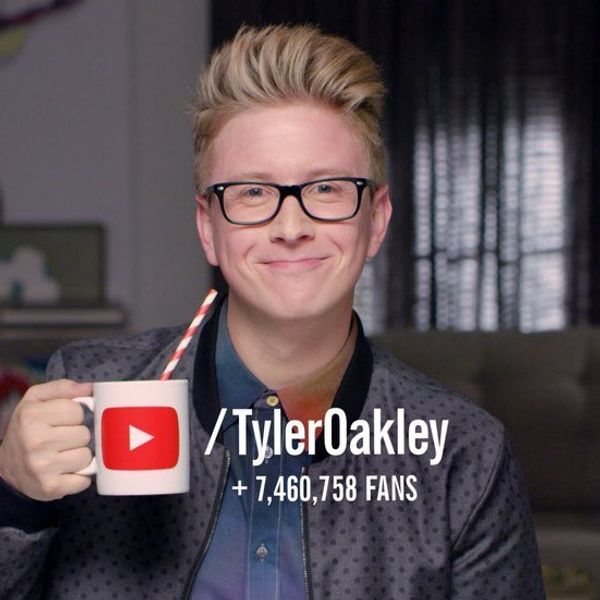If you spend any sort of time on the internet, you definitely know of, and probably use YouTube. And you aren't alone; one billion people use YouTube and watch videos along with you. Which means you have most likely heard about the most recent demonetization policy changes (which aren't really changes at all).
Demonetization on YouTube is YouTube removing the ads from a video if they consider it not to be 'advertiser friendly'. Advertiser friendly means no sex stuff, violence, bad language, drugs of the illegal kind, or controversial subjects. It seems pretty (really really) conservative, but not unreasonable, right? It's understandable that some companies probably don't want their ad on a video of an injured child, or someone trying 'shrooms for the first time.
But why are people freaking out so much? YouTube recently added a little dollar sign for people to tell if their videos have been demonetized or not in the info about their video. But this has been happening since 2012 without YouTube telling anyone. Sure, creators could find that their video had no ads, but only if they really dug through their stats for it. So, many YouTubers have been missing out on revenue without even knowing they were for years.
The second reason is because many are saying through this, YouTube is censoring videos. To explain it well why this is true, it's good to first know the history of Hollywood and it's movies. In the 1920s, all sorts of stars were racking up scandals, creating pressure to 'clean up Hollywood' and make some censorship laws. After some conflict, the PCA (Production Code Administration) was created to ban any movies that went against the code. In the 50s, the code began to loosen as more directors fought against it. Then in the late 60s, the rating system we use toda was established. While this means everyone can put out movies, the amount of people who can see movies rated R are limited. They lose the demographic below 17, and those who are maybe a bit more squeamish or conservative.
But, why does this matter? Because YouTube is doing essentially the same thing. Yes, anyone can still put up whatever videos they want (that follow YouTube's policy). But if someone who has made YouTube their main source of income can't put up the video they want to put up because it isn't advertiser friendly, and thus won't make as much money as they need off of it, that's censorship. And when a creator doesn't have enough money to make a new YouTube video, videos stop coming. That is exactly what censorship is.
Now, YouTube is a privately owned company, so they can do whatever they want. Heck, they can make it so the only videos that are allowed are cats playing pianos if they wanted. So, they can also, directly or not, censor the content that is put on their website. But with such a huge number of creators, especially creators who make money off of their site, it could mean some serious changes for the future. Maybe it means more family-friendly content, or maybe it means that some of your favorite creators move on.





















